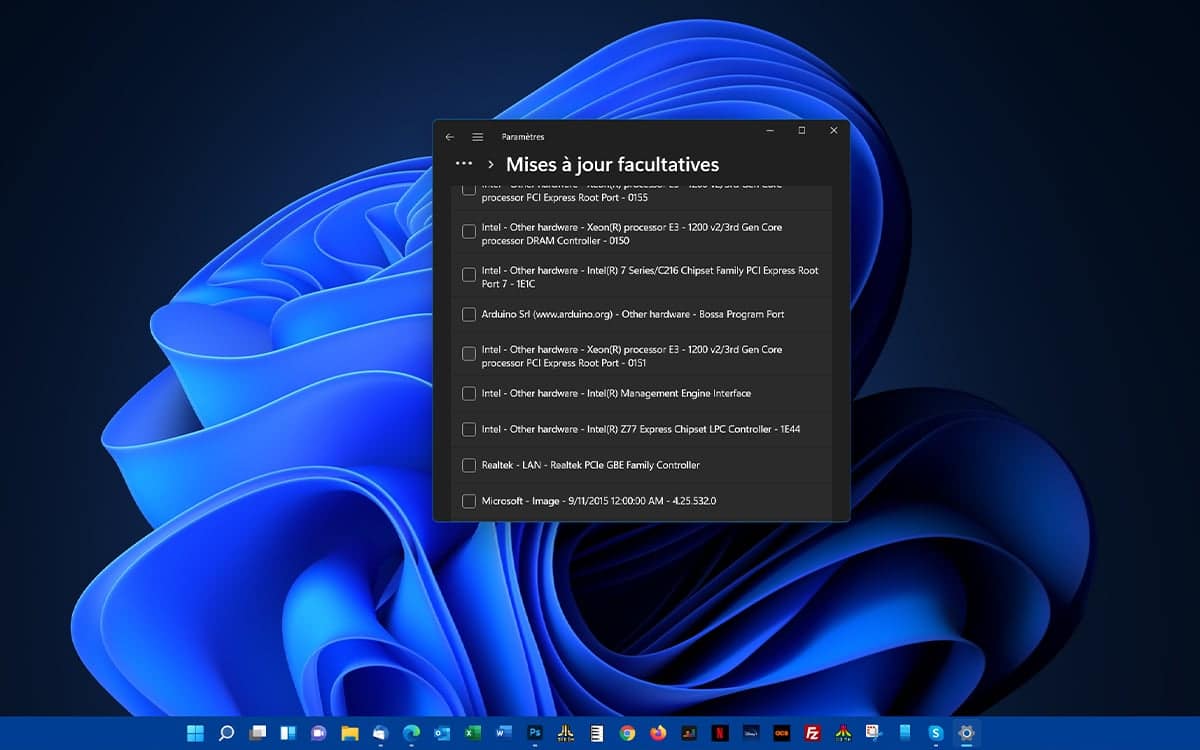
Natural language search is something pursued by the software industry and operating systems for a long time. And, as a general rule, it is something to be very grateful for, since it substantially facilitates interactions with applications and devices. Anyone who has read a software license knows the barrier I am referring to, and how dissuasive it can be for many people, who accept without understanding anything.
At a lower level than the licenses, of course, but This problem extends to many other areas., and the problem is that they are spaces in which it is essential that the user fully understand what he is reading, as they are very important aspects related to operation, conditions and safety. And although progress has undoubtedly been made in this regard over the years, there is still a long way to go.
A clear example, the one that concerns us today, is that of App Store App Permission Lists, particularly from Google Play. It is true that for many users this list, as shown today, is quite clear and understandable and, what is better, it has a standardized format, that is, a similar format is used in the descriptions of all apps.
However, many users with little or no technical profile may find such a list somewhat confusing, reason why the search engine company has decided to make a change in this regard. Thus, as we can read in Ars Technica, Google Play is going to hide app permissions to show developer-written descriptions instead about the permissions that the app needs and the reason for such need.
It is not yet clear whether this substitution is complete, that is, whether the list of permissions will disappear completely or if, on the contrary, it will remain in the background and users who wish to can consult it, a format that I think would be ideal. And it is that on a theoretical level it sounds good, but either there is a strict control that the descriptions correspond to reality, or this show of confidence in the honesty of the developers can become a major security problem, if some of these they choose not to adequately inform about the permissions that each app is going to use. And yes, I am definitely thinking of malware.




